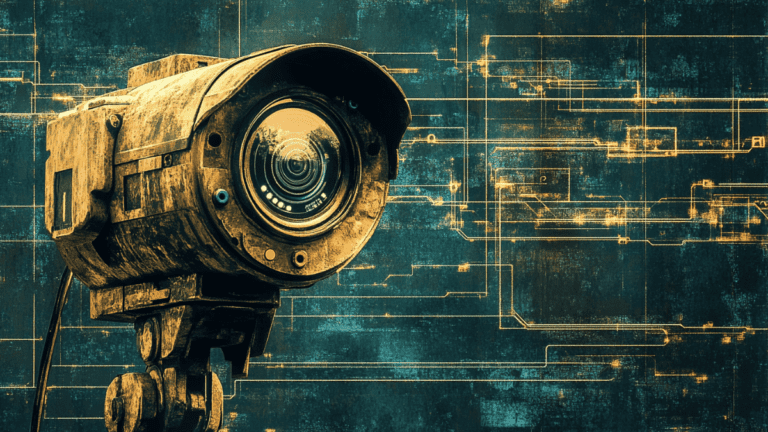Almost 80 years ago, George Orwell coined the phrase “Big Brother is watching you” in his dystopian thriller, 1984. Even he couldn’t image the advances and capabilities in surveillance that are prevalent today.
Geopolitical unrest and extremist ideology are a clear and present danger to the UK. This, combined with increasing rates of in-country criminal activity, has led to a closer partnership between government and the private sector, to counter these challenges.
These macro and micro trends have created a significant surveillance market in the UK, generating £18 billion in revenue in 2022, with forecast growth of 21% CAGR to £47.1 billion in 2027. Simon Heath, Partner at Heligan Group, said: “One of the key reasons for the forecast growth is due to the investment in advanced surveillance technology, such as video surveillance tools, IoT-enabled tracking and location services, and surveillance platforms like Unmanned Aerial Vehicles (UAVs) and High-Altitude Platforms.
For a long time, large-scale surveillance was a hallmark of authoritarianism in states such as the People’s Republic of China, Russia, Iran, and North Korea. However, established liberal democracies have been increasingly ready to monitor their citizens on a very large scale, with the UK now one of the most surveilled countries in the world.
“There remains some ambiguity about the acceptability of surveillance in democracies. Recent technological advances have made large-scale government surveillance not only feasible but also, in one sense, less intrusive,” Heath says.
“Modern government surveillance relies increasingly on technology rather than human spies and informers. Surveillance practices include, for instance, the monitoring of public spaces with CCTV cameras, the automatic interception and retention of internet and telecommunication traffic, and the use of machine learning to make sense of the huge amounts of data collected.”
As a result, modern surveillance is characterised by the rarity of actual human access to the large quantities of data collected.
“While the quantity of data collected is staggering, only a small proportion of it is ever accessed by a human. Human access to collected surveillance data can be expected to decrease further as AI becomes more sophisticated,” he adds.
Surveillance is a critical tool for keeping the UK safe from terrorism and protecting strategic assets and prosperity from foreign interference. In the UK, this role is carried out by MI5. Central to the protection of the UK is the ability of the police and intelligence community to use proportionate and legally warranted interception capabilities, increasingly of data captured from mobile devices and web browsing on the Internet.
“Globally, surveillance (and in particular the tracking of the movement of people) has become so commonplace that many of us now accept it as normal. Whether or not you pass under the gaze of a surveillance camera or number plate reader, you are being tracked by the mobile phone in your pocket. GPS tells weather apps and maps your location; Wi-Fi uses your location, and cell tower triangulation tracks your phone. But in a world where security threats are constantly evolving, it’s clear that advanced surveillance technologies will be key to safeguarding our future”, concluded Heath.
The opinions expressed in this post belongs to the individual contributors and do not necessarily reflect the views of Information Security Buzz.



